Diplomatic Privileges Consulting: Navigating the Complex World of International Diplomacy
Navigating the intricate landscape of international diplomacy requires a deep understanding of the multifaceted rules and regulations that govern global interactions. This complexity is compounded by the unique privileges and immunities afforded to diplomats and international officials, which are designed to ensure the smooth conduct of diplomatic affairs but can often be misunderstood or misapplied. Diplomatic privileges consulting emerges as a vital field in this context, offering expert guidance and strategic insights to individuals, organizations, and governments engaged in international relations. Through the lens of this specialized consultancy, entities can navigate the diplomatic maze with greater ease, ensuring that their international endeavors are both effective and compliant with global norms.
Diplomatic privileges consulting encompasses a wide array of services tailored to the needs of those operating on the international stage. These services include, but are not limited to, advice on diplomatic immunity, tax exemptions, and the logistical aspects of establishing and maintaining diplomatic missions. Consultants in this field bring to bear their extensive knowledge of international law, customs, and practices, offering bespoke solutions that address the specific challenges faced by their clients. Whether it’s assisting with the accreditation of diplomatic staff, negotiating the immunities of international organization representatives, or advising on the legal implications of diplomatic actions, these experts provide invaluable support to those engaged in the delicate dance of diplomacy.
The benefits of engaging in diplomatic privileges consulting are manifold. For one, it enables governments and international organizations to operate more efficiently and harmoniously within the host country, minimizing misunderstandings and conflicts that can arise from diplomatic immunities and privileges. For individuals, such consulting can provide clarity and assurance, ensuring that their rights and obligations are clearly understood and respected. Moreover, by leveraging the insights and expertise of diplomatic privileges consultants, organizations can avoid potential pitfalls and legal entanglements, allowing them to focus on their core mission of fostering international cooperation and understanding. In essence, diplomatic privileges consulting not only facilitates smoother diplomatic relations but also contributes to the broader goal of international peace and stability.
The Significance of Diplomatic Privileges
The concept of diplomatic privileges and immunities serves as the cornerstone for the effective operation of international relations. At its core, this framework is designed to create a conducive environment for diplomacy, enabling representatives from different nations to engage in dialogue, negotiation, and collaboration without the encumbrance of local legal and administrative barriers. These privileges, ranging from immunity from prosecution in the host country to exemptions from taxes and duties, are not mere perks but rather essential tools that allow diplomats to perform their critical functions with impartiality and integrity. Enshrined in the 1961 Vienna Convention on Diplomatic Relations, these rights and obligations form the legal backbone of diplomatic interaction, offering a universally recognized set of rules that underpin international diplomatic operations.
The Vienna Convention meticulously outlines the scope and limits of diplomatic privileges, aiming to balance the diplomats’ need for autonomy with the host country’s sovereignty and legal order. It codifies centuries-old practices of diplomatic immunity, ensuring that diplomats are protected from arrest, detention, and legal processes in the host country. This protection extends to their families and the administrative and technical staff of diplomatic missions, facilitating a secure and stable environment for international diplomacy to flourish. Additionally, the Convention addresses the inviolability of diplomatic premises, ensuring that these spaces remain safe havens for diplomatic activity, free from intrusion or interference by the host state. Such provisions are vital for maintaining the sanctity of diplomatic communications and the confidentiality of diplomatic negotiations.
Beyond the practical benefits to diplomatic personnel, the significance of diplomatic privileges extends to the broader realm of international relations. By ensuring that diplomats can operate without fear of coercion or reprisal, these immunities contribute to a more open and honest exchange between states. They enable diplomats to act as effective intermediaries, resolving conflicts, forging alliances, and negotiating agreements that are crucial for global peace, security, and cooperation. In this way, diplomatic privilege and immunities are not only foundational to the conduct of diplomacy but are also instrumental in advancing the interests of the international community as a whole. Through the prism of the Vienna Convention, the international legal framework reaffirms the importance of diplomacy as a means of bridging differences and fostering mutual understanding among nations.
Benefits of Diplomatic Privileges
- The benefits of diplomatic privileges are manifold, extending well beyond the mere convenience they offer to diplomats and diplomatic missions. These privileges are fundamental to the very fabric of international diplomacy, enabling representatives of different countries to conduct their affairs with a degree of freedom and security that is essential for effective international relations. Each aspect of these privileges plays a crucial role in ensuring the smooth and efficient operation of diplomatic missions worldwide.
Immunity from the Jurisdiction of the Host Country’s Courts: This immunity is perhaps the most significant of all diplomatic privileges. It ensures that diplomats are not subject to the laws of the host country, allowing them to perform their duties without fear of legal entanglement. This does not mean diplomats are above the law; rather, it reflects an understanding between sovereign states that international diplomacy cannot function if diplomats are vulnerable to legal action in the course of their official duties. This immunity extends to both civil and criminal jurisdiction, providing a comprehensive shield that enables diplomats to mediate, negotiate, and represent their countries’ interests without interference.
Exemption from Certain Taxes and Duties: Diplomats often enjoy exemptions from taxes and duties, which can include income taxes, customs duties on importation of goods, and property taxes on diplomatic premises. These exemptions are not meant to confer personal benefits on diplomats but to eliminate potential financial barriers to the operation of diplomatic missions. By alleviating these financial burdens, the host country facilitates the representation of foreign states on its territory, ensuring that diplomatic missions can allocate their resources to the core activities of diplomacy rather than to the host country’s tax systems.
Protection of Diplomatic Premises and Communications: The inviolability of diplomatic premises is a critical component of diplomatic privileges. It guarantees that the host country cannot enter the premises of a diplomatic mission without permission, ensuring the security and privacy necessary for the conduct of diplomatic affairs. This protection extends to the mission’s official communications, which are also inviolable, safeguarding the confidentiality of diplomatic correspondence and discussions. Such protections are indispensable for maintaining trust and candor in diplomatic interactions, allowing states to communicate openly and without fear of surveillance or interference.
Freedom of Movement and Travel: Diplomats are afforded considerable freedom of movement within the host country, enabling them to travel and engage with a wide range of contacts in the fulfillment of their duties. This freedom is vital for diplomats to gain a comprehensive understanding of the political, social, and economic conditions in the host country. It allows them to report accurately back to their home governments, foster relationships with local officials and communities, and, crucially, work towards their diplomatic objectives. This mobility is protected under international law, ensuring that diplomats can perform their roles as emissaries and advocates for their nations effectively.
Services Offered by Diplomatic Privileges Consulting Firms
Diplomatic privileges consulting firms provide a range of services to help clients navigate the complexities of international diplomacy. These services may include:
1. Legal Advice and Representation
Consultants offer legal advice on diplomatic privilege and immunities, as well as representation in legal proceedings related to diplomatic matters.
2. Protocol and Etiquette Training
Training programs on diplomatic protocol and etiquette help clients understand the customs and norms of international diplomacy.
3. Security and Risk Management
Consultants provide security assessments and risk management strategies to ensure the safety of diplomats and diplomatic missions.
Estudio de caso: William Blackstone Internacional
One of the leading diplomatic privileges consulting firms is William Blackstone Internacional. With a team of experienced consultants and legal experts, they have assisted numerous clients in navigating the complexities of international diplomacy.
Client Success Story: XYZ Organization
XYZ Organization, a non-profit working on international development projects, sought the expertise of William Blackstone Internacional to help them establish a diplomatic mission in a foreign country. The consultants provided legal advice on diplomatic privilege and immunities, assisted with protocol and etiquette training, and ensured the security of the mission’s premises. As a result, XYZ Organization was able to carry out their work effectively and without any legal or security issues.
Testimonial from XYZ Organization:
“William Blackstone Internacional’s expertise in diplomatic privileges consulting was invaluable to our organization. Their team guided us every step of the way and ensured that we were able to establish a successful diplomatic mission in a challenging environment. We highly recommend their services to anyone navigating the complexities of international diplomacy.”
In the latest update from the United Nations, a crucial document has been released concerning the status and policies regarding overage dependents confirmation, a matter of significant importance for personnel across various international missions. This comprehensive report, accessible through the secretariat pdf kb hc, details the guidelines and procedural norms for confirming the status of dependents who exceed the standard age criteria. Similarly, another pivotal document focused on the operational aspects of missions pdf kb hcs, offers in-depth insights into the administrative procedures and challenges faced by diplomatic missions under united nations umbrella. These documents serve as essential resources for UN staff and diplomats, ensuring that the management of overage dependents and the effective administration of missions are conducted in alignment with the established international standards and regulations.
Conclusión
In conclusion, diplomatic privileges consulting plays a crucial role in helping individuals, organizations, and governments navigate the complexities of international diplomacy. With the expertise and guidance of consulting firms like William Blackstone Internacional, clients can leverage diplomatic privilege and immunities to achieve their goals effectively and efficiently.
For more information on diplomatic privileges consulting and how William Blackstone Internacional can assist you with your goals, visit William Blackstone Internacional.













